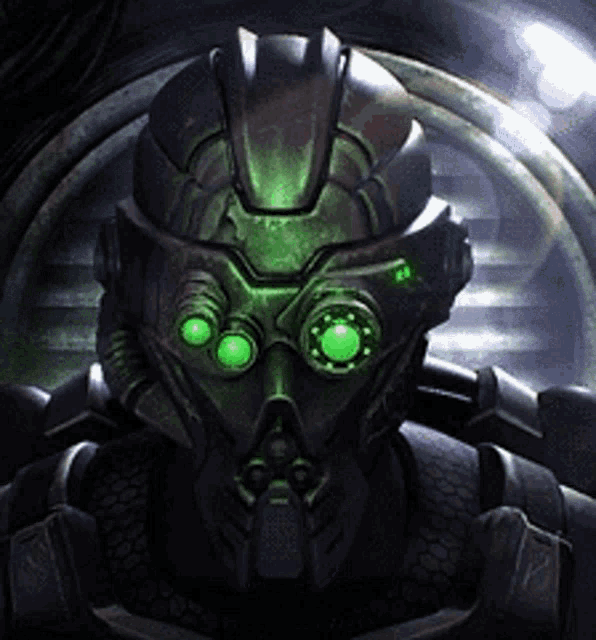I am sure you've heard it a lot during the past one and a half weeks that Nintendo's Switch 2 is in trouble. And if you ask yourself now if this thread will be a smackdown akin to the "Open Your Eyes" thread I wrote eight years ago when Switch 1 got doomed: No, it's not. Despite rampant stupidity being present in the gaming space right now, its volume is nowhere near close to what we witnessed a generation ago. Not to mention that even the most pessimistic sales predictions for Switch 2 are more than twice as high as the overall average was for Switch 1.
Let's start with what a Switch 2 starting package costs in comparison to a Switch 1 starting package in order to establish the basic facts. You need the console itself and one game, but we are going to stay on the road of intellectual honesty, so it can't be just any game, it must be THE game. For an apples to apples comparison, the prices are MSRPs and the country I'll be basing this on is chosen randomly. Oh cool, it's Austria. Yes, I lied about it being random; if you read the thread title, it says "why I am not bothered", so why would it be any other country than Austria in the first place.
Switch 1 + Breath of the Wild = €330 + €70 = €400
Switch 2 + Mario Kart World = €470 + €90 = €560
Imaginary Nintendo fan: "Whoa, Rol. Wait, wait, wait. Why are you using the price of the physical version of Mario Kart World instead of the offical bundle that sells for €510? You are stacking the deck against us!"
Listen up, you simpleton. I talked about intellectual honesty, so of course it has to be a physical version of Mario Kart World because it would be utterly disrespectful to Nintendo's Switch 2 launch title to purchase a digital copy.
Therefore the price increase gen over gen is 40%. Now on to the five reasons:
1. Inflation is a thing - All kinds of things got a lot more expensive during the past eight years due to two major causes: The COVID-19 pandemic and Russia's war against Ukraine. Here are the inflation rates taken from Austria's consumer price index for the years 2018 through 2024:
2018: 2.0%
2019: 1.5%
2020: 1.4%
2021: 2.8%
2022: 8.6%
2023: 7.8%
2024: 2.9%
Here's the proper calculation to determine the impact inflation has had, with the 100 at the start representing 2017:
100*1.020*1.015*1.014*1.028*1.086*1.078*1.029= 130.00
That's a price increase of exactly 30% due to inflation.
2. Relative to its time of release, Switch 2 is more powerful than Switch 1 was - If you tack on 30% to Switch 1's price in 2017, you get €429 as a result. But more power comes at an extra cost, that shouldn't surprise anyone, especially not those people who have been asking for that leading up all the years to Switch 2. It's not what I was personally advocating for, but it is what it is, and it isn't much that I'll have to pay more. Suckers and losers, such as the aforementioned imaginary Nintendo fan, can buy the MKW bundle to stay under a 30% price increase in comparison to a generation ago.
3. MSRPs for physical Nintendo games aren't as static as prices for digital Nintendo games - While the jump from Breath of the Wild's €70 to Mario Kart World's €90 is slightly lower than 30%, the more common occurence will be €60 games costing €80 now, which is an increase of 33.33%. But how often do retailers stick with MSRPs? The reality is that it's much more common that they undercut them.
4. I do value quality - Which means I am not bothered at all by paying full price for a great game. Plus it's hard to think of another form of entertainment where the price per hour of enjoyment is as low as it is for video games.
5. I am old - I come from a time when Austria wasn't a part of the EU's free trade zone, meaning that all imported goods had significant tariffs slapped on them. Back in the day an NES game was usually 1,000 Schilling or more; this old currency converts to just over €70 for the cheapest games, but third party titles pushed the boundaries to even over a €100 at times. So games used to be as expensive as they will be now. Well, except that inflation is a thing and if you go back as far as NES on the consumer price index, you end up with a rate of more than 100%, so that's at least €150-220 in today's money.
...
Wow, this turned out to be a boring thread. But I suppose that's fitting when the source material is boring too. All the trolls and haters need to do better instead of doing their usual re-runs. This forum has become so small that even the average VGC user is now able to tell that almost everyone who complains about Nintendo's prices is either someone who was never going to be an early adopter or someone who is easily taken in by hysteria.
In order to add some value to this thread, I may as well give you a pearl of wisdom about life:
Way too many people have the habit of romanticizing the past. Selective memory blends out the negatives and paints a picture of prosperity, then this mischaracterized past is being judged against the real present and unsurprisingly the present keeps losing this battle. Make a conscious effort not to be like that, it will benefit your mood and allow you to make better decisions. This applies to prices - the topic of this thread - just as it does to virtually everything else.
Legend11 correctly predicted that GTA IV will outsell Super Smash Bros. Brawl. I was wrong.




























































